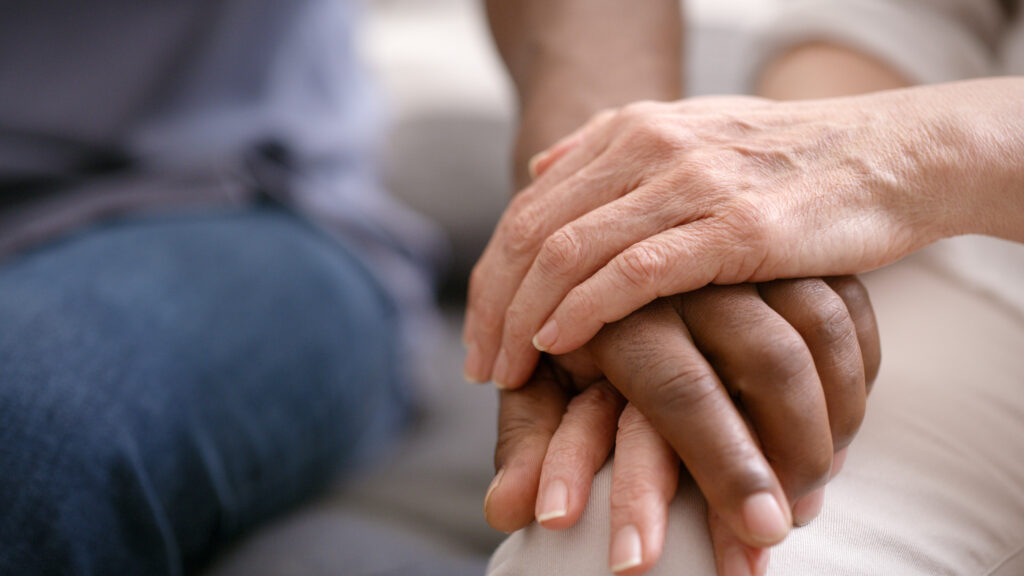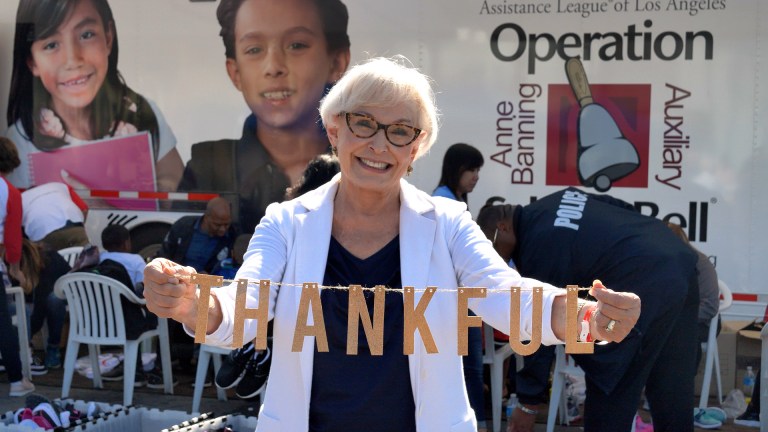“No act of kindness, no matter how small, is ever wasted,” Aesop, who is believed to have lived during the 6th century B.C., has been quoted as saying. And now, more than 2,600 years later, a recent global study is continuing to prove the Greek storyteller’s belief: The research found that people are far more likely to be cooperative than not when it comes to extending small acts of kindness to their fellow humans.
UCLA sociologist Giovanni Rossi and a team of collaborators from universities in Australia, Ecuador, Germany, the Netherlands, and the U.K. discovered that individuals signal a need for low-stakes assistance roughly every 2 minutes. And when these small moments arise, people comply with the requests for aid more often than they decline, according to a press release issued by UCLA.
In an effort to determine whether our generosity is shaped by the culture we grow up in, or if humans are more generally giving by nature, the study’s authors examined over 40 hours of video footage that captured spontaneous requests for “immediate, low-cost assistance (e.g., to pass a utensil)” in everyday life. More than 350 people — family, friends, and neighbors — from eight cultures on five continents were observed across various locations, including England, Italy, Poland, Russia, Ecuador, Ghana, Laos, and Australia.
RELATED: Small Acts of Kindness Can Have Big Impacts on Recipients, Study Finds
In those recordings, the team observed situations in which a person signaled for help, either by asking another person directly, or simply by visibly struggling with a task on their own. When analyzing the footage, the researchers established that such situations occurred every couple of minutes. For purposes of the study, the situations involved “low-cost” decisions involving sharing items or helping another person with a simple task, as opposed to “high-cost,” higher-stakes decisions such as “contributing to the construction of a village road.”
“A cross-cultural preference for compliance with small requests is not predicted by prior research on resource-sharing and cooperation, which instead suggest that culture should cause prosocial behavior to vary in appreciable ways due to local norms, values, and adaptations to the natural, technological, and socio-economic environment,” N. J. Enfield, a linguist at the University of Sydney and one of the study’s authors, said in a statement. “These and other factors could in principle make it easier for people to say ‘no’ to small requests, but this is not what we find.”
While cooperation was the norm “at the smallest scale of human interaction,” in contrast, the study noted that “how people share resources has been found to vary across cultures, particularly when stakes are high and when interactions are anonymous.”
RELATED: It’s Random Acts of Kindness Day: Here Are 17 Kind Acts to Extend to Those Around You
In the study, individuals fulfilled such low-stakes requests from others “seven times more often than they declined, and six times more often than they ignored them,” the release explains. On occasion, a person would reject or ignore small requests, but rejection only occurred about 10% of the time, and ignoring such small requests happened about 11% of the time, compared to a 79% average rate of compliance. Furthermore, the helpers usually obliged without requiring an explanation from the person in need, and when people did decline to help, they would provide a specific reason about 74% of the time.
Rossi added that the findings point to helpfulness being ingrained in humans around the world. “While cultural variation comes into play for special occasions and high-cost exchange, when we zoom in on the micro level of social interaction, cultural difference mostly goes away, and our species’ tendency to give help when needed becomes universally visible.”
Looking for inspiration? Here are 10 simple ways to extend an act of kindness today:
- Hold the door open for a stranger — particularly if they have their hands full
- Leave a positive review for a service worker when they’ve done a great job
- Allow someone, like an elderly or differently abled person, or a parent wrangling little ones, to go ahead of you at the grocery store checkout if you’re not in a hurry
- Compliment a stranger
- Give your restaurant leftovers to a person experiencing homelessness
- Bring bagels or donuts to the workplace to share with your coworkers (without waiting for a special occasion)
- Put your shopping cart back where it belongs after reaching your car and/or offer to do the same for someone else
- Offer to throw away someone else’s trash at the movies or park
- Be more generous about letting others merge into your lane while driving
- Donate flowers to a nursing home













Pingback: Kindness endures as a strength in our culture -